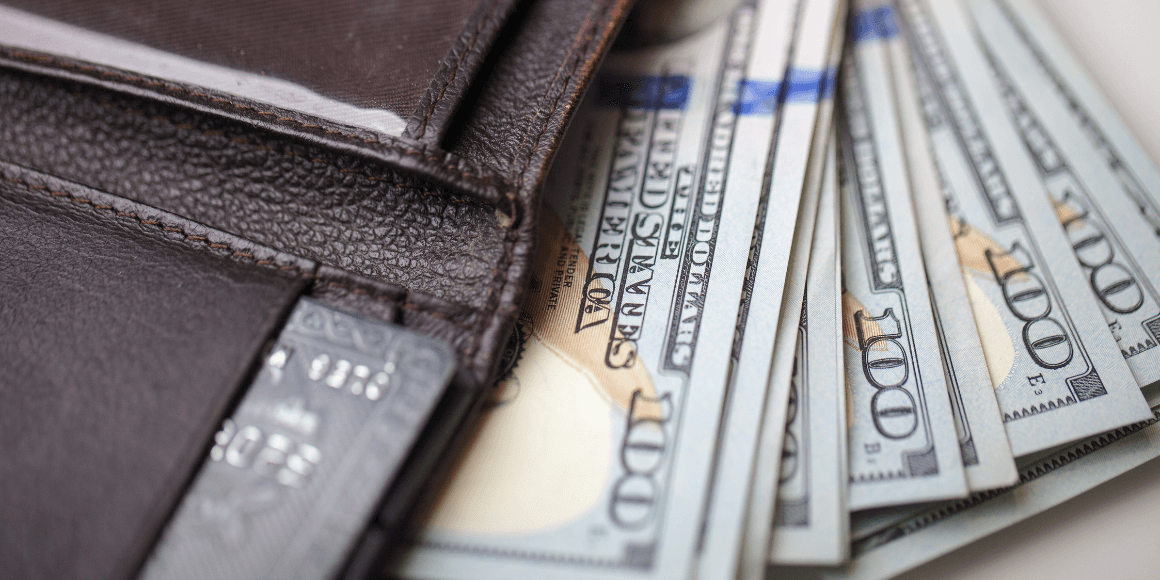- 7 17 Staff
Cash vs. Credit: Which is better?

There is an ever-present argument of which type of payment is best for money management: cash or credit? While both have their pros and cons, using credit cards can have some distinct advantages, and when used wisely, might put you ahead in your financial game. Let’s break down those advantages.
Convenience
Credit cards are just more convenient to use than cash. While it might seem trivial, there is something to be said for carrying a lighter wallet. Not to mention, using a credit card means not having to make extra trips to an ATM for cash. Cards can also be linked to mobile payment solutions such as Apple Pay, Samsung Pay or Google Pay, which means payment can be as easy as holding your mobile phone near an e-reader.
Additional Security
Using a credit card means additional security features, such as alerts, that you don’t have when using cash. The 7 17 Visa® Platinum Rewards Credit Card offers Visa Purchase Alerts that sends you a text, email or both whenever your card is used to make a purchase. The card also includes SecurLOCK Fraud Alerts sent via text when there is suspicious activity on the card, giving you real-time notification and the chance for quicker fraud identification and prevention.
Additionally, the Fair Credit Billing Act (FCBA) states that your personal liability for unauthorized use of your credit card tops out at $50. Under the same law, if you report the loss of your card before it is used, then you aren’t liable for any charges you didn’t authorize. If the number, but not your physical card, is stolen, then you aren’t liable for any charges. The FCBA also applies to goods or services that you are either double billed for or never received, protecting you from errors on the behalf of the vendor.
The Perks!
There are a lot of great rewards cards out there that offer some great perks. 7 17’s Visa Platinum Rewards Credit Card offers the ScoreCard Rewards program, which gives you one ScoreCard point for every dollar spent. ScoreCard points are redeemable toward 1% cash back, gift cards, travel discounts and brand-name merchandise.
Emergency Money
In a pinch, a credit card can offer short-term access to interest-free funds – as long as you pay it off by the end of your billing cycle (be sure to check with your credit card company for details about your account fees and terms). This doesn’t mean you should forego establishing an emergency fund when possible. However, a zero balance credit card with a low interest rate can help you bridge the gap when unexpected expenses, such as a car repair or broken home appliance, come up.
Help build a budget
Using a credit card can actually be a convenient tool when it comes to making a budget. By simply logging in to your account, you can see each transaction that was made over the month to track how and where you spend your money as well as determine where you need to cut back. However, just as you would if you used cash, you have to be vigilant and watch your accounts to avoid overspending. And, again, in order to keep that budget on track, you have to pay off your monthly spending before the end of the billing cycle to keep from spending additional money in interest charges.
Those are just a few of the advantages of using a credit card. While using a credit card can be an easier, more convenient and more secure way to spend than cash, the bottom line is that it’s up to you which method of payment you are more comfortable in using to secure your long-term financial health.
